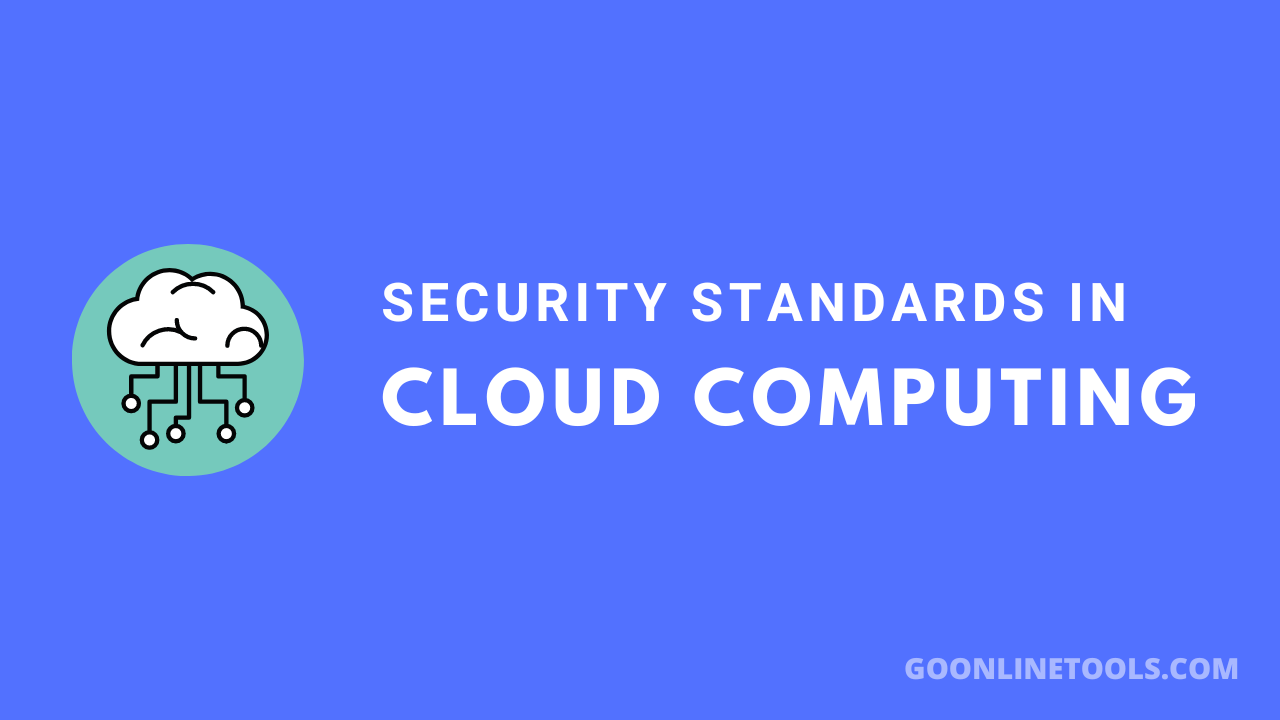
In the digital era, it’s common for people to accumulate several online accounts, ranging from email services to streaming platforms and numerous social media accounts. While these accounts played a major role in your life at some point, a huge percentage of them always end up forgotten or dormant with time. This poses a potential security risk to your life, as it leaves you with a cluttered digital footprint.
Your forgotten or dormant online account can be a pending cyber threat, especially if the platform falls victim to a data breach. For instance, your old social media account, particularly your Facebook account, could still transmit your location data. On top of that, they do have an outdated data protection policy that leaves the account holders vulnerable to cyber-attacks. Here are some of the key reasons why you should delete these accounts.
Protect Your PII( Personal Identifiable Information)
If these platforms or services get attacked, cybercriminals can use your personal details to commit fraud. For instance, Flickr, FourSquare, Google Plus, and MySpace were created over a decade ago when the world wasn’t as privacy-conscious as it is currently. These accounts didn’t come with a strong privacy setting that prevented information sharing. Anyone can access your crucial details like family connections, address, and date of birth, which are listed in your profile.
Since they already have your real name, they can use your details to commit numerous cyber frauds. They can sell your PII, open other accounts using your details, and even make online purchases after applying for a credit card using your name. Your details can help them get the right answers to your security questions. You can always consult Abine’s DeleteMe service to protect your personal details.
Protect Your Password and Usernames
According to a survey by NordPass, the number of personal passwords has increased by 70% in the last three years. Currently, an average American has about 168 passwords online, and this includes business-related accounts. Unfortunately, no social media platform or streaming account is impenetrable, so you can try to delete your old accounts. Hackers who learn your common login details from your dormant accounts can use them to access your other accounts.
A good example is the Drizly data breach of 2020, which exposed the personal details of over 2.5 million of their service users, including their addresses, encrypted passwords, emails, and birthdays. Using the same logins in several personal/business accounts can make your other accounts vulnerable. Deleting your old accounts reduces the likelihood of your current accounts being hacked.
Protect Your Reputation
Your social media accounts show tens of thousands of posts you have made in the last few years. Some of these posts discuss your preferences, ideas, and political or personal opinions, which change with time. A potential employer or business partner can misperceive some of these old posts. They may end up embarrassing you or affecting your chances of joining your dream college, landing a top-paying job, or your brand’s reputation.
Endnote
If you have opened hundreds of accounts in the past, you can start your search for dormant accounts by going through your browser’s password manager. You can also go through your Twitter, Google, and Facebook accounts and find out which apps are linked to them. Once you have created your list of old accounts, you can go to DeleteMe.com and find out how to delete them. You may have to contact some service providers directly and ask them to deactivate your accounts.
Editorial Team
The Editorial Team at GoOnlineTools.com specializes in delivering cutting-edge information on technology.
View all postsComments 0
No comments yet. Start the conversation!





